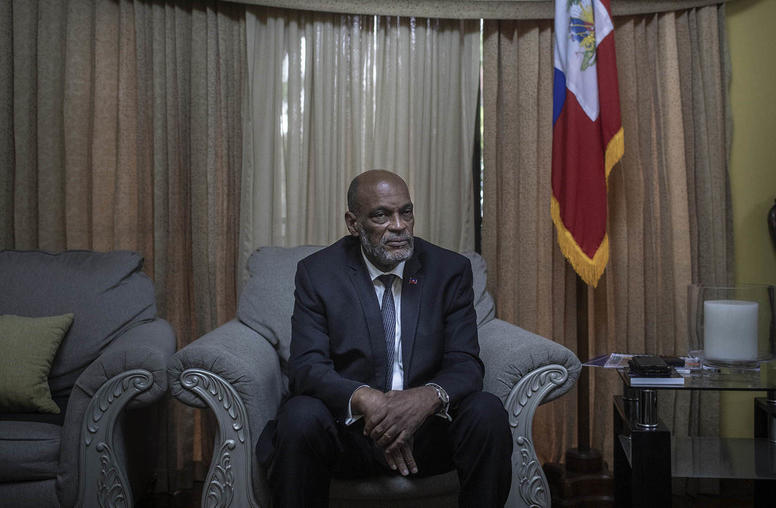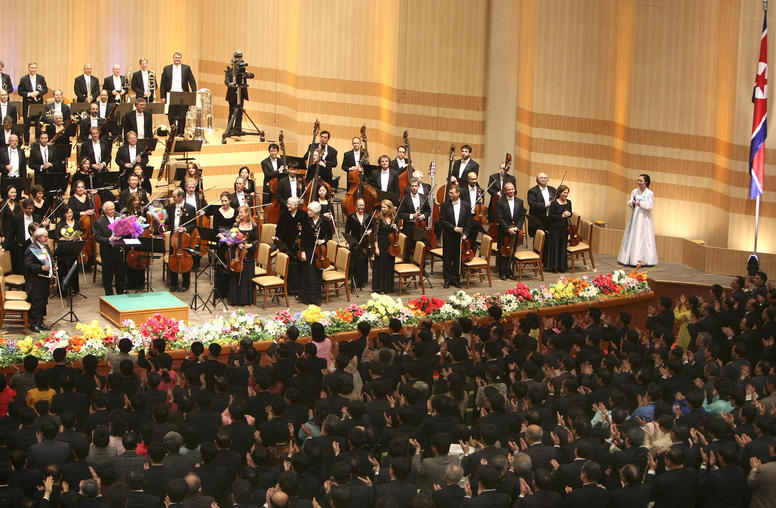 Conflict Analysis & Prevention
Conflict Analysis & Prevention
Strategies to prevent, manage or resolve violent conflict can succeed only if they are grounded in clear analysis of the causes and potential trajectory of a conflict. Through research, training and analytical techniques, the U.S. Institute of Peace empowers practitioners and local communities with means to more effectively avert violent conflict.
Featured Publications

Israel and Hezbollah Change the Rules, Test Redlines — Will it lead to War?
Tensions between Israel and the Lebanese Shia militia Hezbollah are at their highest point since their 2006 war. They have exchanged tit-for-tat attacks since October, displacing tens of thousands from northern Israel and southern Lebanon. But in recent weeks, both sides have escalated the violence and rhetoric. USIP’s Mona Yacoubian looks at what’s driving this escalation, what each side is trying to tell the other and the diplomatic efforts underway to lower the temperature.

Gaza at the G7: The Daunting Divide between Rhetoric and Reality
The ongoing war in Gaza was only one of several items on the agenda for last week’s summit of leading Western economies, known as the Group of 7 (G7). But, given the global attention on Gaza and coming on the heels of the Biden administration’s most recent push to achieve a cease-fire — including sponsorship of a U.N. Security Council resolution toward that end — questions around the prospects for a negotiated pause in fighting and hostage agreement dominated the discussions.

Five Factors Shaping the Future of Egypt-Israel Relations
The Gaza war has strained Egyptian-Israeli relations to an unprecedented level and raised questions about the future of their 1979 peace treaty that has been a cornerstone of Arab-Israeli peace. U.S. officials met recently in Cairo with their Israeli and Egyptian counterparts against a backdrop of mutually diminishing confidence between the two parties, particularly following Israel’s ground offensive in Rafah. This comes on the heels of a shooting incident between Israeli and Egyptian forces that left at least one Egyptian soldier dead, and Egypt joining South Africa’s case against Israel at the International Court of Justice (ICJ). Along with Qatar, Egypt is a key broker in the current Israel-Hamas cease-fire efforts and engages in extensive security cooperation with the U.S. and Israel.
Current Projects

Crisis in Haiti
Analysis of Haiti’s deepening crisis, its implications for regional peace and security, and policy options for the United States to consider.

Tracking China’s Global Security Initiative
China’s ongoing push to change the international security order entered a new phase with the launch of the Global Security Initiative (GSI) in April 2022. The GSI promotes a set of distinct security concepts and principles — many of which reflect Beijing’s longstanding international normative preferences, such an emphasis on territorial sovereignty and noninterference. USIP is tracking how the GSI is being operationalized by China, with an initial focus on essay series examining China’s GSI activities in ASEAN and Central Asia.

Pursuing Peaceful Coexistence with North Korea: An Essay Series
This ongoing USIP essays series explores how the countries involved in the Korean Peninsula can tangibly and realistically reduce risks and improve relations within a reality where North Korea possesses nuclear weapons and will not denuclearize in the foreseeable future. In other words, how can the United States and South Korea peacefully coexist with a nuclear North Korea?